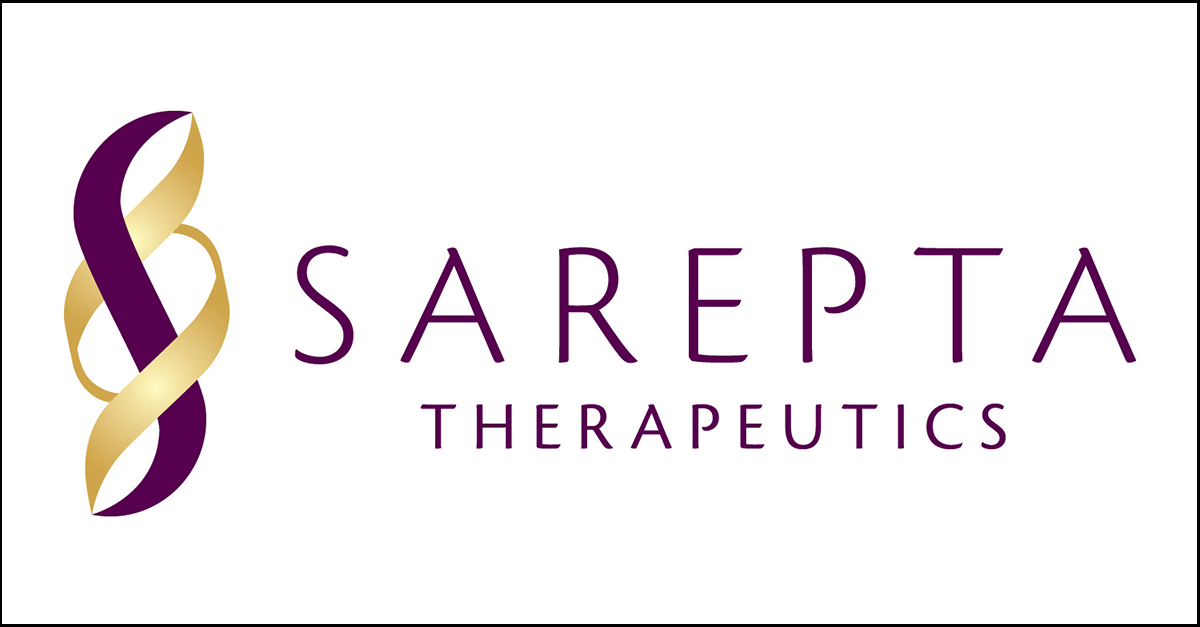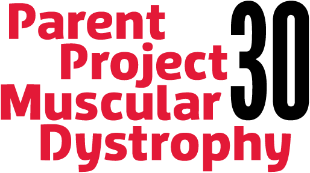
Sarepta Therapeutics today announced it has submitted a Biologics License Application (BLA) to the FDA for the accelerated approval of SRP-9001 to treat ambulant patients with Duchenne. SRP-9001 is an investigational gene transfer therapy intended to deliver the micro-dystrophin-encoding gene to muscle tissue for the targeted production of the micro-dystrophin protein.
Should the FDA accept Sarepta’s BLA submission and agree to priority review, the company has previously shared that it anticipates the FDA will review the application in the first half of 2023.
If the accelerated approval pathway is successful, Sarepta’s ongoing Phase 3 EMBARK study would serve as the confirmatory study, which is a requirement for products approved through the accelerated approval pathway in order to confirm their predicted benefit. Sarepta has also previously shared that it plans on continuing studying SRP-9001 in non-ambulatory populations, anticipating trial initiation later this year.
We are excited to see Sarepta reach this exciting milestone of a BLA submission and look forward to additional updates as the review process continues.
Read the Announcement from Sarepta
Sarepta Therapeutics Submits Biologics License Application for SRP-9001 for the Treatment of Ambulant Patients with Duchenne Muscular Dystrophy
09/29/22 8:30 AM EDTCAMBRIDGE, Mass., Sept. 29, 2022 (GLOBE NEWSWIRE) — Sarepta Therapeutics, Inc. (NASDAQ:SRPT), the leader in precision genetic medicine for rare diseases, today announced that it has submitted a Biologics License Application (BLA) to the U.S. Food and Drug Administration (FDA) for the accelerated approval of SRP-9001 (delandistrogene moxeparvovec) to treat ambulant patients with Duchenne muscular dystrophy. SRP-9001 is an investigational gene therapy for Duchenne being developed in partnership with Roche.
The BLA is submitted for accelerated approval based on the expression of SRP-9001 dystrophin protein, an internally shortened and functional version of dystrophin, as a surrogate endpoint reasonably likely to predict clinical benefit. Among other things, the BLA is based on positive pre-clinical, biomarker and clinical functional results. In clinical trials, SRP-9001 demonstrated positive results at multiple time points, including one-, two- and four-years after treatment, in addition to a consistent safety profile. The submitted BLA for SRP-9001 includes efficacy and safety data from Studies SRP-9001-101, SRP-9001-102, SRP-9001-103 (also known as ENDEAVOR), as well as an integrated analysis across these three clinical studies comparing functional results to a propensity-score-matched external control (EC). Quantification of the SRP-9001-protein expression is measured by western blot and supported by immunofluorescence and efficacy is further supported by biomarker and clinical functional benefit as measured by the North Star Ambulatory Assessment (NSAA) and secondary timed tests.
Sarepta has proposed its fully-enrolled study EMBARK (Study SRP-9001-301) as the post-marketing confirmatory study to support the accelerated approval. EMBARK is a global, randomized, double-blind, placebo-controlled clinical trial. The primary endpoint for EMBARK is the assessment of the change in NSAA total score from baseline to week 52 compared to placebo.
“Every hour of every day, this ruthless disease, Duchenne, robs thousands of children in the United States of muscle as it steals their future from them. Sarepta’s BLA submission for an accelerated approval of SRP-9001 is a significant milestone in our quest to intervene with urgency on behalf of the children we serve,” said Doug Ingram, president and chief executive officer, Sarepta Therapeutics. “If approved, SRP-9001 will be the first gene therapy available for Duchenne patients. We are enormously grateful to the courageous families who have participated in the SRP-9001 trials and to the participating clinical investigators and experts who have guided us and played a crucial part in reaching this milestone.”
SRP-9001 was granted Fast Track designation in July 2020, an FDA process designed to facilitate the development and expedited review of therapies that treat serious conditions and fill unmet medical needs. In addition to Fast Track, SRP-9001 has also been granted Rare Pediatric Disease (RPD) designation in the United States, and Orphan Drug status in the United States, the European Union, Switzerland and Japan.
About SRP-9001 (delandistrogene moxeparvovec)
SRP-9001 (delandistrogene moxeparvovec) is an investigational gene transfer therapy intended to deliver SRP-9001 to muscle tissue for the targeted production of functional components of dystrophin. Sarepta is responsible for global development and manufacturing for SRP-9001 and plans to commercialize SRP-9001 in the United States upon receiving FDA approval. In December 2019, Roche partnered with Sarepta to combine Roche’s global reach, commercial presence and regulatory expertise with Sarepta’s gene therapy candidate for Duchenne to accelerate access to SRP-9001 for patients outside the United States.



 by: Parent Project Muscular Dystrophy
by: Parent Project Muscular Dystrophy

